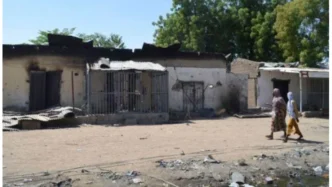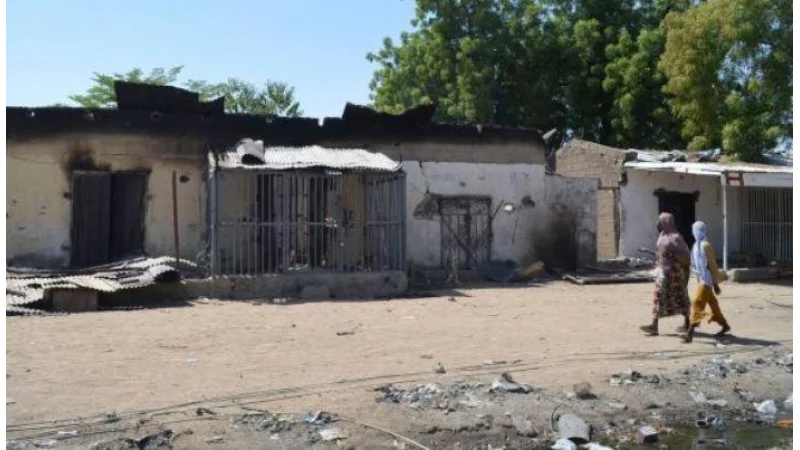Nigeria has been ranked fourth worldwide in terms of grave violations against school children in conflict zones.
Gatekeepers News reports that 2024 report of the United Nations (UN) secretary-general on children and armed conflict, released in 2025, confirmed 41,370 cases of attacks, the highest figure recorded in nearly three decades.
Nigeria’s position on the list comes after Israel (including the occupied Palestinian territory), the Democratic Republic of Congo (DRC), and Somalia.
Globally, the UN noted that attacks on schools rose sharply by 44 percent between 2022 and 2023, while instances of schools being converted for military purposes increased by 20 percent. More than 10,000 students and teachers were reported killed, abducted, arrested, or injured within that time frame.
According to the report; these violations threaten not only individual lives but the future of entire communities
Virginia Gamba, the UN secretary-general’s special representative for children and armed conflict, warned that children trapped in war zones are being robbed of their childhood as governments and armed groups continue breaching international law.
The report further disclosed that over 3,000 children were detained in 2023 for alleged ties with armed groups, showing an increase from the previous year. Gamba urged governments to treat such children as victims first and adopt alternatives to detention.
The findings also pushed for a stronger commitment to the Safe Schools Declaration, calling on nations to strengthen education systems against conflict.
Ahead of the International Day to Protect Education from Attack in Geneva, UN recalled that Nigeria endorsed the Safe Schools Declaration in 2018.
Since then, the government has introduced a policy for violence-free schools (2021) and developed a compliance framework with safety standards.
It also established the National Safe Schools Response Coordination Centre to manage and finance protective measures. However, progress has been slow, with enrollment under the initiative standing at just 11,000 as of mid-2025.











